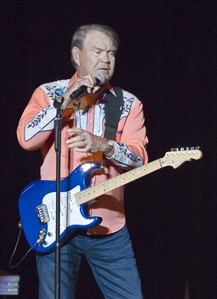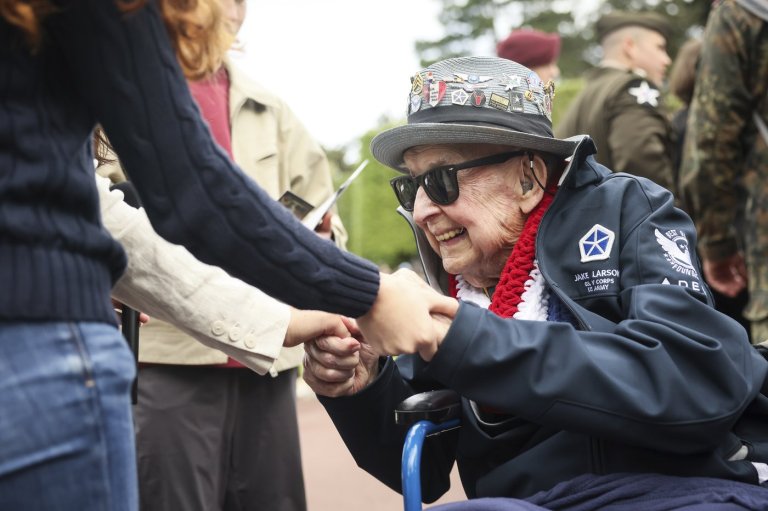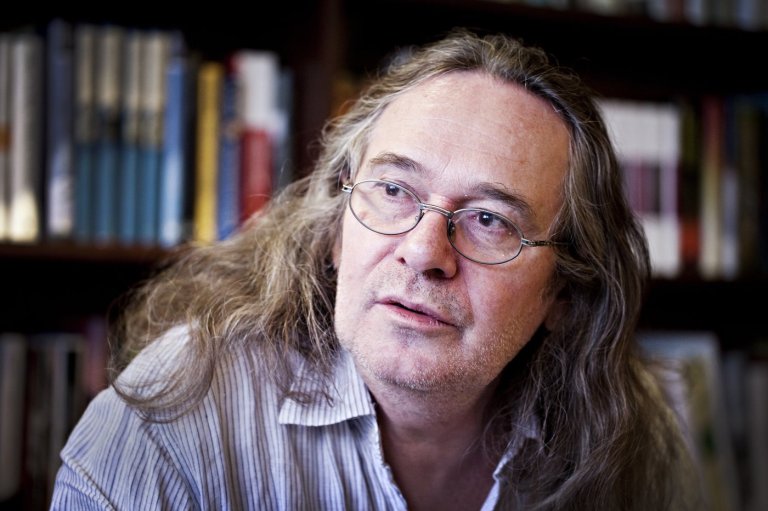
Country music legend Glen Campbell returns home to Arkansas on farewell tour
LITTLE ROCK, Ark. – Glen Campbell came home this week.
Hundreds of fans hollered and sprang to their feet to welcome the Country Music Hall of Fame member and one of Arkansas’ favourite sons as the opening notes of “Gentle on My Mind” spilled into the theatre.
The lyrics ran away from Campbell toward the end of the song, betraying his battle with Alzheimer’s disease, but no one seemed to mind. The pop music icon pulled a couple of lines together and the crowd cheered him on as his goodbye tour brought him back to his native state.
“Thank you. I am so happy to be here,” the 76-year-old told the crowd. “You know why I’m happy? Cause I’m in Arkansas.”
Long before Campbell rose to fame as a singer and guitar player, Campbell was a young dreamer born near a tiny town in southwest Arkansas called Delight.
Much of the Campbell clan still calls the small town home. They jammed on guitars, reminisced about the old days and visited the graveyard where his parents are buried. They ate barbecue, albeit catered and served alongside a salad with strawberries and candied nuts.
After last year’s announcement that he had been diagnosed with the degenerative brain disease, his latest trip home was largely kept quiet.
“People flooded him” on past visits, Delight Mayor Paul Lane said. “And I’m sure they would still do it today if everybody in town knew he was here. But it’s kept pretty much a secret because of the Alzheimer’s.”
Asked about his recent trip to Delight, Campbell looked at his wife, Kim, and asked, “Did we go to Delight last night?”
She held his arm and nudged him along.
“He has better days than others,” she said later.
Yet, even on a bad day, the man can still work a crowd. Dressed in a gem-encrusted salmon shirt, the singer known for such hits as “Rhinestone Cowboy,” ”Wichita Lineman” and “Southern Nights” held the mic out to the audience and had them fill in some of the blanks.
Some of his siblings joined him on stage for a couple of tunes and his 25-year-old daughter, Ashley, kept a watchful eye on Campbell as she played keyboards.
She interrupted him as he meandered through a story about John Wayne.
“Hey dad,” she said.
“Yes, darling?” he asked.
“It’s capo one,” she said before helping him clip the capo on the guitar’s neck.
A bit of laughter bubbled up from the crowd, and Campbell showed grace as he launched into the next song. A few moments later, he took off the capo.
Backstage, his wife watched him as she stood in the shadows, careful not to distract him.
“He has never, ever noticed me standing there,” she said after the show. “So maybe it’s just dark to him.”
The concert hall was packed with people who grew up with Campbell’s music — and many fans who shared a connection to his disease.
Julie Cawthron’s mother suffers from Alzheimer’s, too, so she said she could relate to parts of Campbell’s performance as he lost words or a train of thought.
“It was such an inspiration, really,” Cawthron said. “He’s keeping on keeping on as long as he can.”
There was no lack of admiration for Campbell. At a reception after the show, people lined up to compliment him, shake his hand and have their photos taken with him.
Cameramen followed him around as he autographed a few guitars and a handful of posters that proudly proclaimed, “ARKANSAS’ native son RETURNS.”
Yes, sir, Campbell was glad to be back in Arkansas.
“I sure am,” he told a reporter. “Brings back a lot of memories.”
___
Online:
http://glencampbellmusic.com
___
Follow Jeannie Nuss at http://twitter.com/jeannienuss .
Join the Conversation!
Want to share your thoughts, add context, or connect with others in your community? Create a free account to comment on stories, ask questions, and join meaningful discussions on our new site.













Leave a Reply
You must be logged in to post a comment.